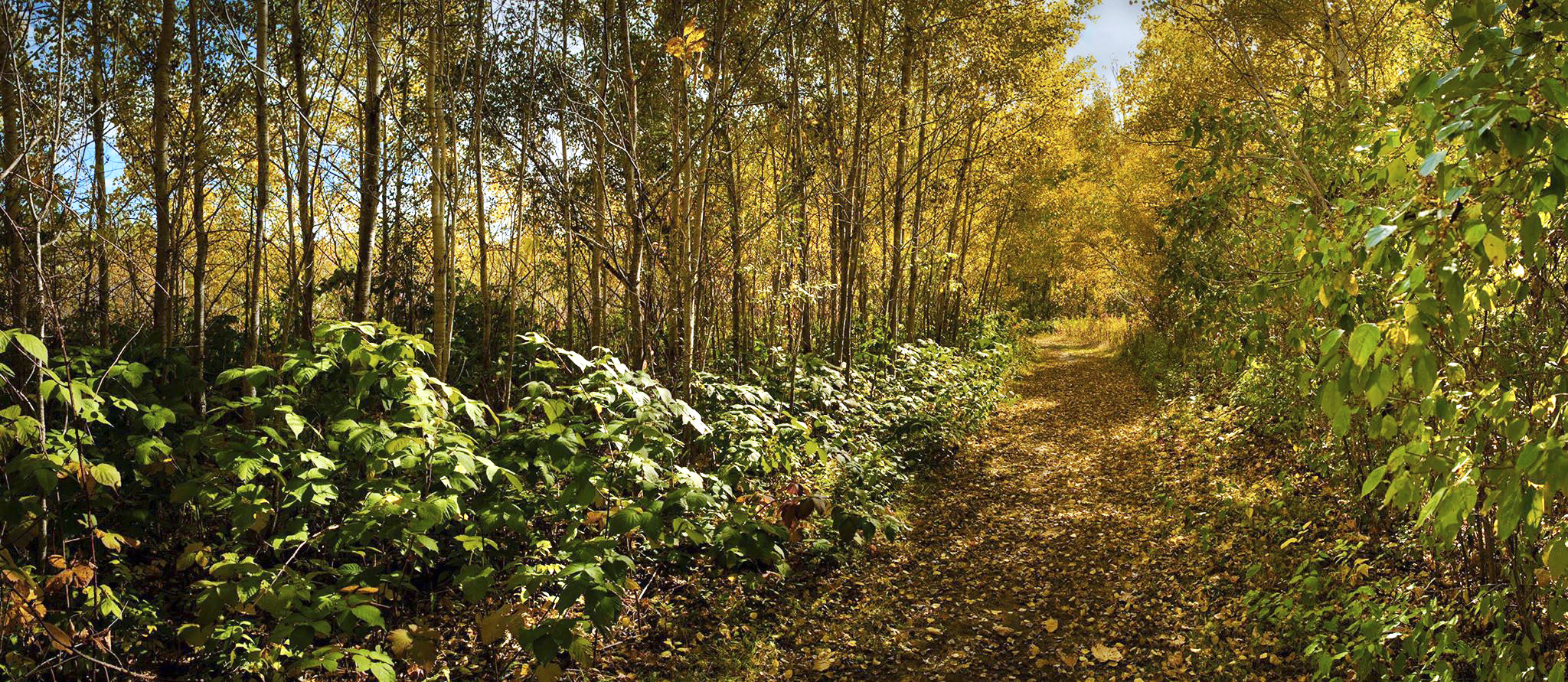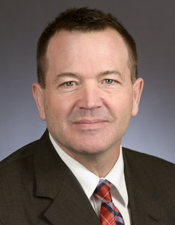Legacy committee approves omnibus bill with funding boosts for projects across state

When Minnesota voters approved a constitutional amendment in 2008 to increase state sales taxes 0.375% and funnel the extra money toward the outdoors, clean water, the arts and cultural heritage, the voters didn’t stipulate that the money should only be allocated every two years.
But that’s the way things have played out over time, the lone exception being the Outdoor Heritage Fund, which has its funding proposals vetted and approved annually. So, is that the way it should be?
That seems to be a bone of contention between the House and Senate.
The chair of the House Legacy Finance Committee, Rep. Leon Lillie (DFL-North St. Paul), believes the combination of the difficulties of climbing out of COVID-19 and an unexpected boost in available sales tax receipts should lead to some extra help for organizations funded with Legacy money.
That’s why he sponsors this year’s omnibus Legacy finance bill, HF3438, which, after being replaced by a delete-all amendment, was approved by the House Legacy Finance Committee Wednesday on an 8-4 vote and is on its way to the House Ways and Means Committee.
The Senate? In keeping with convention, the bill currently making its way through that body contains only appropriations from the Outdoor Heritage Fund.
But the House bill funds much more. It would allocate $225 million in fiscal year 2023 from the four funds that receive their monies via the Legacy Amendment.
That amendment to Minnesota’s constitution stipulates that 0.375% of state sales taxes be divvied up thus: 33% to the Outdoor Heritage Fund, 33% to the Clean Water Fund, 19.75% to the Arts and Cultural Heritage Fund, and 14.25% to the Parks and Trails Fund.
The majority of the funding in the proposal would be $159 million from the Outdoor Heritage Fund, per the recommendation of the Lessard-Sams Outdoor Heritage Council. But it would also allocate $47.4 million from the Clean Water Fund to 14 particular projects, most dealing with either grants for replacement of lead water service lines or the Conservation Reserve Enhancement Program.
The improved February budget forecast also inspired the committee to increase funding to the projects approved last session, adding $12.1 million from the Arts and Cultural Heritage Fund and $6.5 million from the Parks and Trails Fund.
According to the state constitution, the Outdoor Heritage Fund may be spent only “to restore, protect, and enhance wetlands, prairies, forests, and habitat for fish, game, and wildlife.” The $159 million in the omnibus bill would fund a variety of restoration, protection and enhancement projects around the state, with $83.4 earmarked for habitat projects, $35 million for prairies, $26.8 million for wetlands, and $13.3 million for forests.
The Department of Natural Resources would oversee the two largest projects funded by the Outdoor Heritage Fund, its Conservation Partners Legacy Grant Program ($9.4 million) and the next phase of its Metro Big Rivers project ($8.2 million).
Among the allocations from the Clean Water Fund are $7.7 million each for two projects overseen by the Board of Water and Soil Resources: Two Conservation Reserve Enhancement Programs, one of them specifically for peatlands. Receiving $7.7 million each for lead service line replacement grants would be the Metropolitan Council and Public Facilities Authority.
The Parks and Trails Fund is the simplest to divvy up in that the fund employs a consistent formula for Legacy proceeds: A 40-40-20 split in which state parks, recreation areas and trails get 40%, the Metropolitan Council another 40% for metro area regional parks, and 20% goes toward grants for parks and trails outside the metro area that don’t belong to the state. The additional funding in the omnibus Legacy bill would add $2.6 million each for the state parks and metro area regional parks, and $1.3 million for the parks in Greater Minnesota.
The Arts and Cultural Heritage Fund’s $12.1 million in additional appropriations for fiscal year 2023 would include an additional $5.7 million for the State Arts Board. And the Minnesota Historical Society would receive $2.7 million more than was approved in 2021, over $2 million of it for its statewide history programs and historic and cultural grants.
The central controversy in Wednesday’s 66-minute meeting – which included a walkthrough of the bill, public testimony, amendments and approval – centered around whether the committee should move toward annual rather than biennial vetting and funding of projects.
Written testimony was sent to the committee by some organizations questioning whether it should allocate Clean Water Fund monies to projects that haven’t been recommended by the Clean Water Council. That body issued recommendations last year, but not in 2022.
Two unsuccessful amendments were offered by Rep. Steve Green (R-Fosston), one trying to circumvent what he called a “shell game” of avoiding state laws concerning claiming property by eminent domain, the other asking for a cost-benefit analysis for each project.
Lillie addressed the latter amendment by questioning whether the benefits of Legacy funding can be accurately quantified.
“How do you measure the value of a grouse or a deer? How do quantify the quality of a trout stream? What is the value of being able to walk through a wildlife management area?”
Rep. Dean Urdahl (R-Grove City) said that, during the four years he chaired the committee, supplemental funding was approved in the second year of each biennium. He was the lone Republican to vote in favor of the bill.
“This is intended to adapt to the current budget forecasts,” Lillie said. “What we’re seeing now is that, in the clean water area, there’s quite a lot of money sitting on the bottom line. I see it as a missed opportunity if we don’t allocate those funds. But I know this is unlikely to pass. I don’t see much appetite for it in the Senate.”
Indeed, the bill’s companion contains only the $159 million in appropriations from the Outdoor Heritage Fund. SF3701, sponsored by Sen. Carrie Ruud (R-Breezy Point), awaits action by the Senate Finance Committee.
Among the bills included in full or in part in the delete-all amendment to HF3438 are HF3726, sponsored by Rep. Rob Ecklund (DFL-International Falls), and HF4377, sponsored by Rep. Rick Hansen (DFL-South St. Paul).
Related Articles
Search Session Daily
Advanced Search OptionsPriority Dailies
Ways and Means Committee OKs proposed $512 million supplemental budget on party-line vote
By Mike Cook Meeting more needs or fiscal irresponsibility is one way to sum up the differences among the two parties on a supplemental spending package a year after a $72 billion state budg...
Meeting more needs or fiscal irresponsibility is one way to sum up the differences among the two parties on a supplemental spending package a year after a $72 billion state budg...
Minnesota’s projected budget surplus balloons to $3.7 billion, but fiscal pressure still looms
By Rob Hubbard Just as Minnesota has experienced a warmer winter than usual, so has the state’s budget outlook warmed over the past few months.
On Thursday, Minnesota Management and Budget...
Just as Minnesota has experienced a warmer winter than usual, so has the state’s budget outlook warmed over the past few months.
On Thursday, Minnesota Management and Budget...
